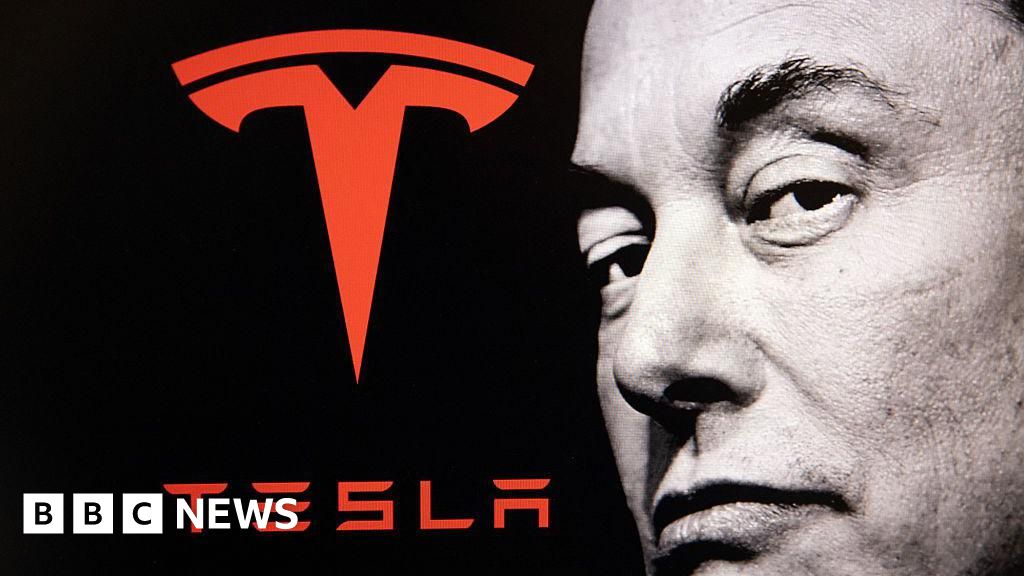ARTICLE AD BOX
By James Clayton
North America technology reporter
Image source, Getty Images
Image caption, Apple has a big presence in China - unlike many of its peersThere was a time when the US tech giants were all in China - even Facebook. Today, Apple's huge presence in the country looks increasingly conspicuous.
Last week Microsoft, which still operates in China, announced it was to shut down its social network, LinkedIn, there.
The company said having to comply with the Chinese state had become increasingly challenging - so it pulled the plug.
Apple has its own censorship problems in the country.
The BBC reported last week that two popular religious apps had been removed from Apple's App Store.
It later emerged that Amazon-owned Audible and the Yahoo Finance app had also been taken down.
Apple Censorship, a group that monitors the App Store, says it has seen an increase in apps that have been removed this month.
The great tech crackdown
It is notoriously hard to gauge what's happening behind closed doors in Beijing.
Still, what is becoming increasingly clear is that Apple and Microsoft are embroiled in a domestic battle between the authorities and the Chinese tech industry.
China has its own big tech titans - Tencent, Alibaba and Huawei - that are enormous global companies. But the Chinese government has grown worried about the power they wield.
American companies haven't been spared from the "great tech crackdown".
"The crackdown suggests that both Apple and Microsoft are very aware that their position is more tenuous than it's been in recent years. They know they need to walk carefully," says James Griffiths, author of The Great Firewall of China.
The straw that broke the camel's back for Microsoft appears to be a law due to come into force on 1 November - the Personal Information Protection Law (PIPL) - which would have required the company to comply with more regulation.
Microsoft alludes to it a in statement explaining its decision to pull LinkedIn: "We're facing a significantly more challenging operating environment and greater compliance requirements in China."
Graham Webster, editor-in-chief of the DigiChina Project at Stanford University, said: "I think they decided it just wasn't worth it."
Mr Webster links the decision to say goodbye to LinkedIn to forthcoming enforcement of the PIPL.
The devil's bargain
Apple, however, has a different set of priorities in China to Microsoft.
It is deeply entangled in the country, far more so than any other US tech company.
In the last quarter, Apple made nearly $15bn in revenue in China and Taiwan - an extraordinary figure.
Its global supply chain also depends on Chinese manufacturing. And to be in China, Apple knows it has to play by the country's rules - even if that means censorship.
You might ask: why doesn't Apple just sell hardware in China, and forget about the App Store?
Image source, Getty Images
Image caption, Apple's flagship stores in China, like this one in Shanghai, match those in other major cities worldwideThe problem is, Apple believes the App Store and the iPhone are inseparable. It doesn't want to set a precedent of side-loading apps, where people can download apps on an iPhone away from the App Store.
For one thing, it would make considerably less money.
So if Apple is going to sell products in China, keeping the App Store operational in that country is deemed essential.
"Apple has been removing apps and essentially censoring the App Store in one way or another for years," Mr Webster says.
But Mr Griffiths argues that censorship has slowly grown stricter during Apple's time in the country.
"Apple has set itself a devil's bargain here," he says.
"Once you start to agree to remove apps, it doesn't really stop."
Secret strategies
Other companies saw the writing on the wall earlier than Microsoft.
Google removed its search engine from China in 2010, after what it said was a Chinese hacking attack. The company said it was no longer happy to censor searches.
Rebecca Fannin, author of Silicon Dragons, believes Microsoft's pulling of LinkedIn now makes Apple a "big target".
But she thinks Apple is going to fight to stay in China.
"You know Apple is really one of the market leaders in China... I don't see Apple pulling out of China over any of these issues any time soon," she says.
What we don't know are the conversations that are going on behind closed doors between Apple and the Chinese authorities.
Image source, Reuters
Image caption, China remains a hugely important market for Apple's devicesPerhaps Apple does push back, and maybe many apps are still up and live on the App Store in China because Apple stood up for them. We don't know.
Apple rarely comments on these stories, and points journalists to its human rights policy, which states it will follow the laws of the countries it operates in - even if it disagrees with them.
And in China, they've been doing just that.
When the authorities really want an app taken down, it gets removed.
Apple's presence in the country now feels almost like a hangover from another era. Big Tech simply doesn't have much of a presence in China any more.
The question now is how much regulation, how much compliance - and how much censorship - is too much?

 3 years ago
74
3 years ago
74








 English (US) ·
English (US) ·